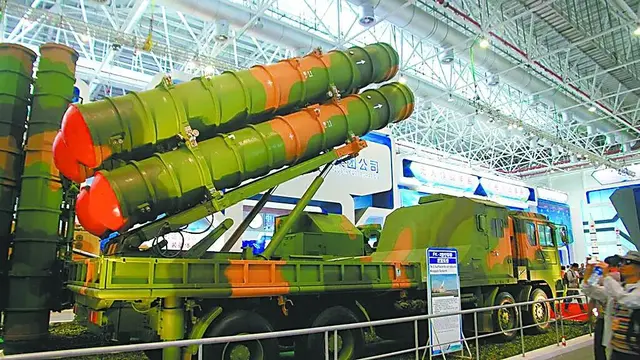By APD writer Wang Peng
The sports diplomacy between South Korea and DPRK is definitely one of the highlights during the PyeongChang 2018 Winter Olympics. The two sides held a high-level inter-governmental dialogue, and hence the increasing tension of Northeast Asia seems to be controlled temporarily. However, the possibly upcoming US-ROK joint military exercise, the threat of nuclear crisis and geopolitical confrontation will overshadow the Peninsula again.
What did the DPRK and ROK gain from the Winter Olympic Games
When the PyeongChang Winter Olympics is coming to an end, the global media are wondering now: What has the two sides gained from their moves and positive interactions? How could the inter-Korean relations develop after the Winter Olympic Games?
Obviously, the DPRK has gained a lot of strategic benefits from this round of sports diplomacy. First, it has successfully eased the increasing tensions and acquired possible foreign aid from ROK, which is the urgent need of the DPRK. In addition, it also increased the personal prestige of DPRK supreme leader Kim Jong-un.
Most importantly, it is a free lunch to gain all the achievements above for DPRK, without any payment of promise on the issues concerned by the international society or ROK, such as the denuclearization of the Peninsula or the reunions of separated families.
By contrast, the ROK has also gained achievements (also eased the increasing tension of the Peninsular temporally), but at considerable cost that the estrangement and distrust between Seoul and Washington enlarged, and the international strategic credibility of ROK are being questioned by its neighbours and the international society.
Toward a dialogue between US and DPRK?
US officials said its Vice President Mike Pence was scheduled to meet with DPRK officials while in South Korea for the Winter Olympics, but Pyongyang canceled the meeting at the last minute. Now, US said it was imposing more sanctions to pressure DPRK to give up its nuclear missile program.
US Vice President Mike Pence (R) and DPRK's Kim Jong Un’s sister, Kim Yo Jong, attend the opening ceremony of the Pyeongchang 2018 Winter Olympic Games on February 9, 2018.
Generally speaking, the direct dialogue between the US and DPRK is still possible, but the greedy two sides are just waiting and creating more favorable strategic opportunity for itself. Now all their complaints to each other are just a special way of bargain. The DPRK is just trying to force America to surrender and make reconciliation in the interest of DPRK’s own. So is America.
At this stage, logically speaking, in order to end this tough bargain, the DPRK and U.S. may need some common interests, a shared target, or the same enemy in front of them. In this regard, considering the worsening China-DPRK relation during the recent five years, and Trump Administration’s latest and hostile China policy which is revealed by the National Security Strategy and National Defence Security, as well as the bitter memory of the transferred triangle – Soviet Union, Mao’s China and Nixon’s America, it is reasonable for China to be afraid and worried that it is highly possible for the DPRK and US to find a-third-party victim to solve their problem. We cannot deny this possibility.
Now, the US has issued unilateral sanctions against the DPRK for many time. The new one is regarded as the largest package of sanctions, with targets including some shipping and energy firms in China. In the past, US sanctions aiming to forcing DPRK to give up its nuclear program have not been successful. Does the “heaviest” sanction work this time? It is still too early to say. The final result depends on the sincerity of international cooperation and their spirit of solidarity and militancy.
Wang Peng is the Research Fellow at the Chahar Institute and China Institute of Fudan University.
(ASIA PACIFIC DAILY)
 简体中文
简体中文

